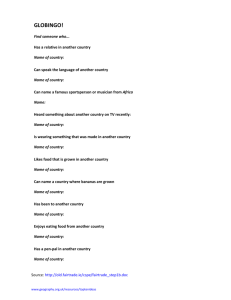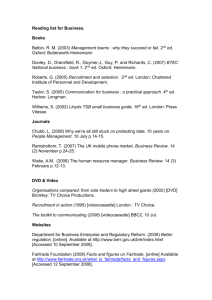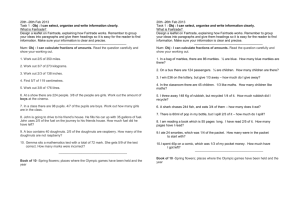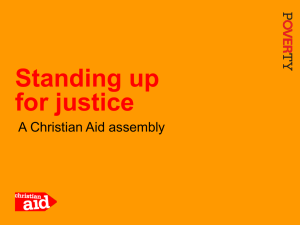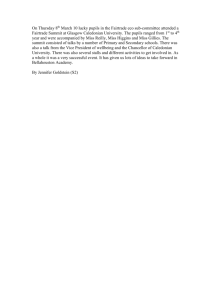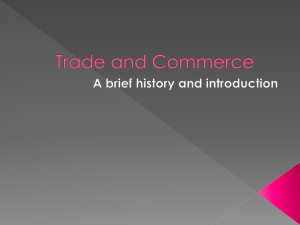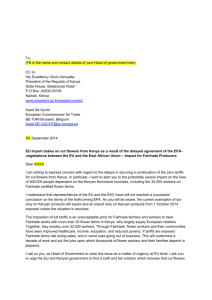Fair Trade And Examples From Countries
advertisement
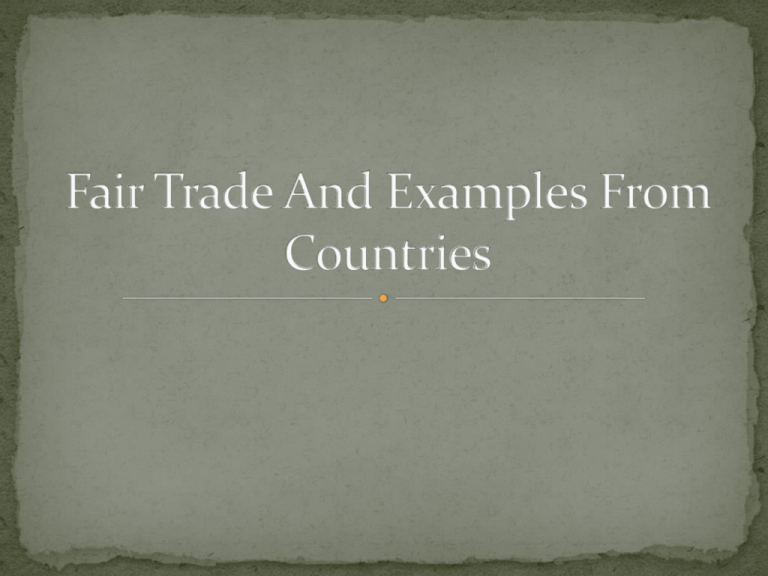
Fair Trade is an organized social movement whose stated goal is to help producers in developing countries achive better trading conditions and to promote sustainability . It provides a better deal and improved terms of trade. When a product carries FAIRTRADE Mark it means the producers and traders have met Fairtrade Standards. Fairtrade Standards are designed to address the imbalance of power in trading relationships, unstable markets and the injustice of conventional trade. The first attempts to commercialize fair trade goods in Northern markets were initiated in the 1940s and 1950s by religious groups and various politically oriented non-governmental organizations(NGOs). Ten Thousand Villages, an NGO within the Mennonite Central Committee and SERRV International were the first, in 1946 and 1949 respectively, to develop fair trade supply chains in developing countries. In 2006, Italian lawmakers started debating how to introduce a law on fair trade in Parliament. A consultation process involving a wide range of stakeholders was launched in early October. A common definition of fair trade was most notably developed. However, its adoption is still pending as the efforts were stalled by the 2008 Italian political crisis. Unfortunately the government of Turkey doesn’t do anything about Fair Trade. But some social foundations triying to do things about Fairtrade. I found one foundation which they are travelling in Turkey and Europe, triying to make some concious about Fair Trade. Starbucks is not the only one. There are places in Warsaw where Fairtrade products can be found for consumption but they are rather few. Many places that sell Fairtrade products admit that they no longer sell them. In some places the staff had no idea what Fair Trade was. At the moment in Krakow there are no places where Fairtrade products can be consumed. Café owners admit there is a supply problem. Some report that there are only very small and very expensive packages available. Lack of suppliers makes the sector very hard to develop. At the same time they expect that only their product will be served. Fairtrade does not offer any additional bonus, which is why it is not attractive. Polish businesses would be more likely to sell Fairtrade certified products if the market for them were more consistent. In Poland Fairtrade products can be usually found in supermarkets and deli stores (“Bomi”, “Alma”, “Piotr i Paweł”, “World’s Kitchens”). Also organic and ecological food stores offer products that many consider as Fairtrade, however they do not have the logo. The variety of goods is rather poor and prices are very high. The reason is that these stores do not treat Fairtrade products as their major goods; the choice of supply is rather random. It is also hard to get information about them. At Masarykova 11 and Skalinska 2 in Zagreb Croatia you can find Muzungu. This is a fair trade cafe and fair trade shop, apparently Croatia's only fair trade shop and cafe. If one follows the ‘’official historiography’’ produced by civil society organizations working on the introduction of fair trade to the Hungarian public, the fair-trade movement in Hungary is only 3 years old. Some awareness of the notion of fair trade was present before in academic discussions and it was mentioned several times in the limited circulation publication of the Association of Conscious Consumers. However, the first organized steps to familiarize the Hungarian public with the idea of fair trade came in April 2005., when several NGOs opened a temporary Fair-Trade Café at the yearly green festival Ökofeszt
